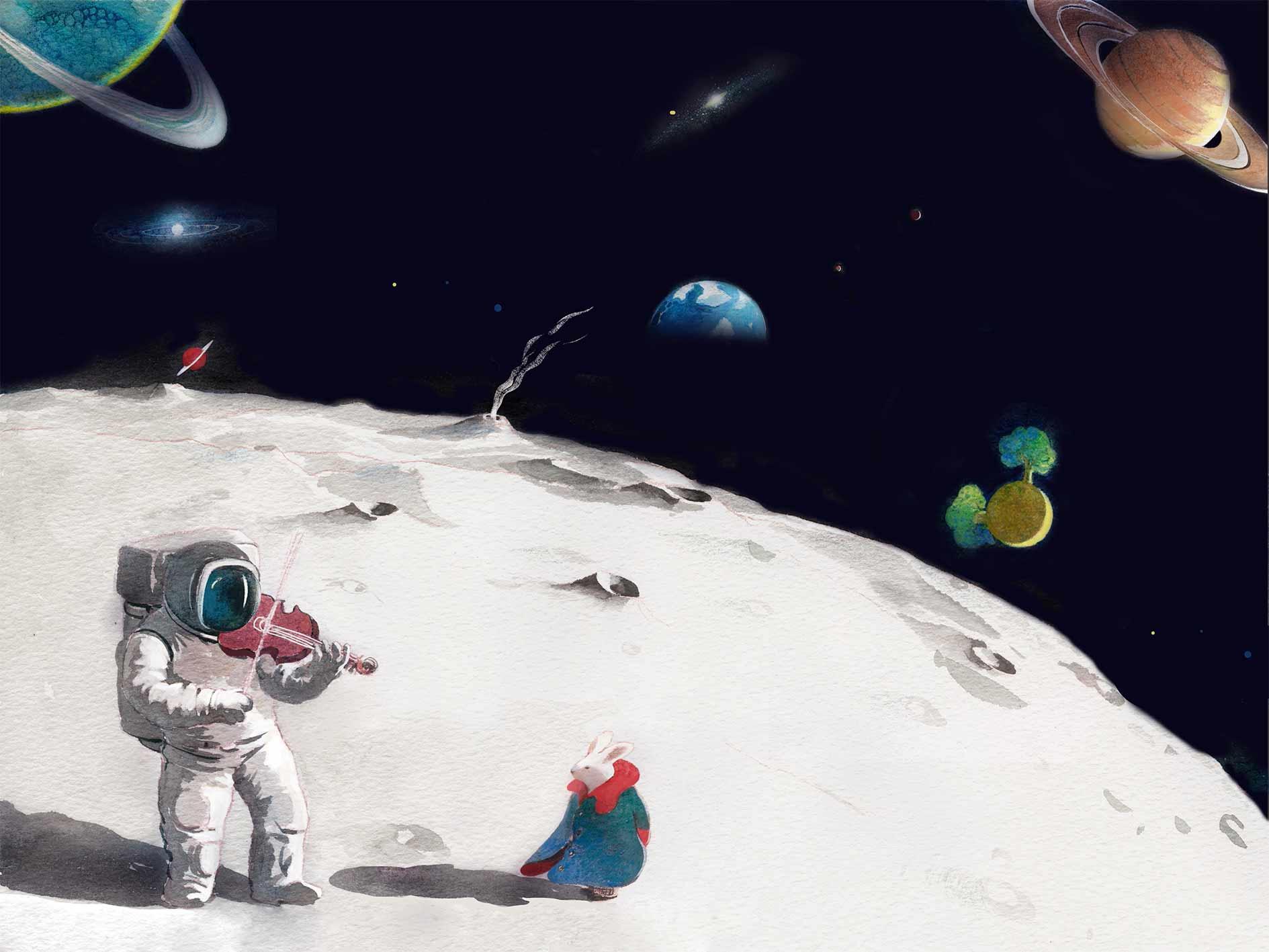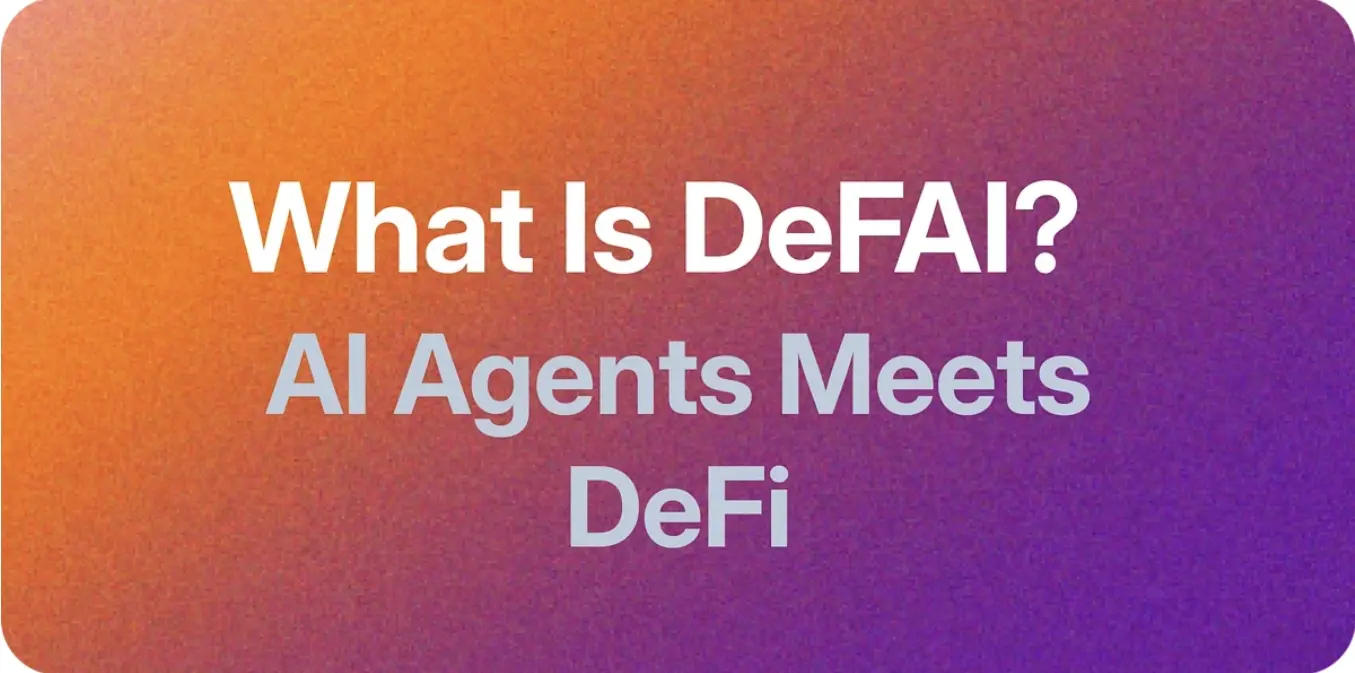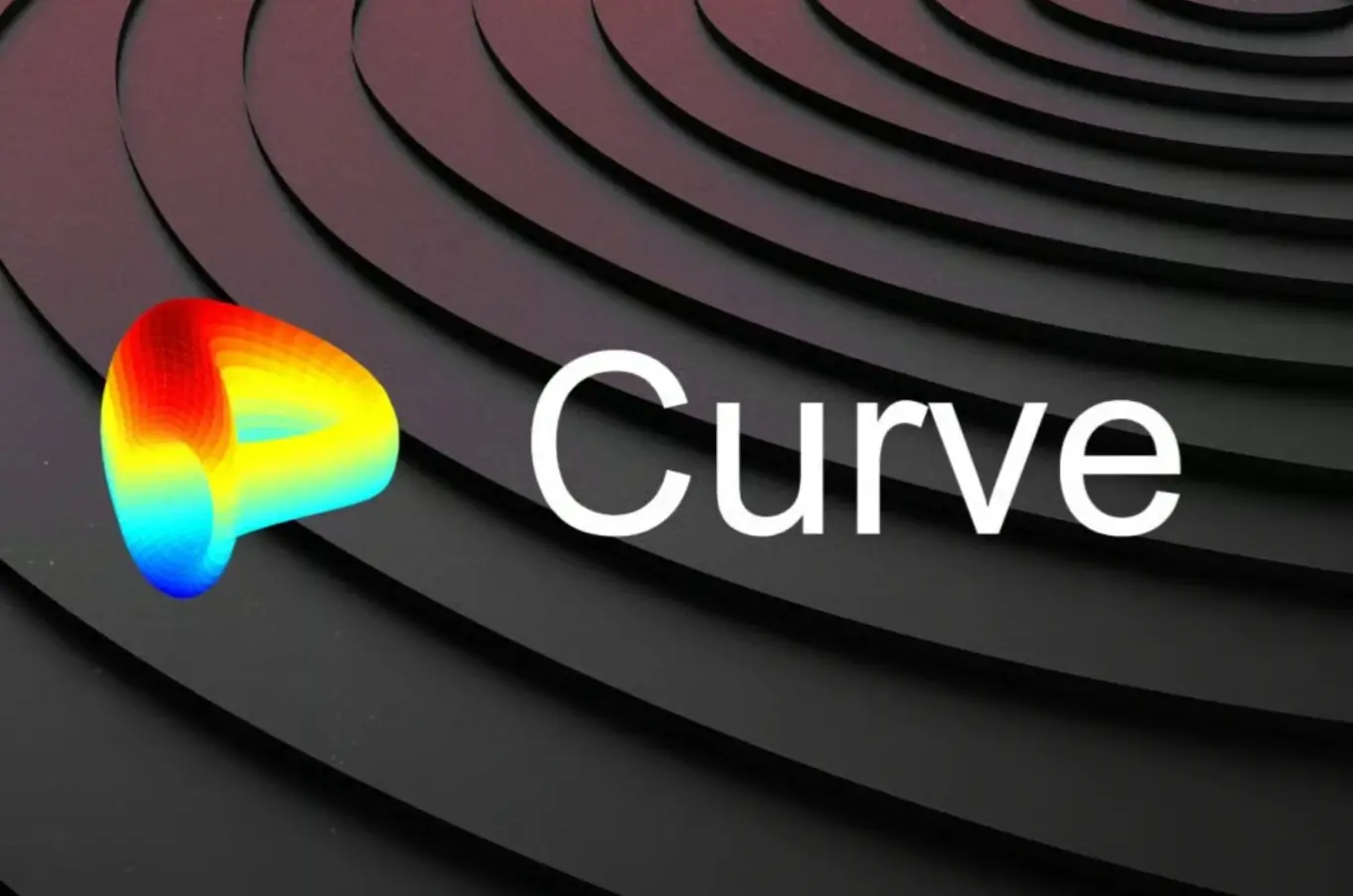A Detailed Explanation of the Three Major Trade-offs of DAO: Accessibility and Accountability, Decentralization and Efficiency, Openness and Control
Original Title: 《DAO Governance Lessons Thus Far》
Original Author: Benjamin Hor, CoinGecko
Compiled by: Ze Yi, Chain Catcher
Since Vitalik Buterin first introduced the concept of DAO in the Ethereum white paper, and after a period of calm following the DAO hack, DAOs have re-emerged in the public eye, playing a significant role in the governance and operation of blockchain projects. Crypto-native organizations and communities like to position themselves as DAOs, even though it sometimes seems like a marketing strategy.
In practice, DAOs, like almost everything in the crypto space, are a new phenomenon and are still evolving. This makes discussions around DAOs a chaotic topic, lacking coherence and filled with nuances. Let’s take a look at some significant events surrounding DAOs recently and compare how they might unfold in traditional organizations, and whether we can learn lessons from these situations.
The Current State of DAOs
Before analyzing the DAO model, we must first consider what an "ideal DAO" would look like. What would a perfect DAO be like if we disregard the constraints of reality? While there is no unified consensus yet, a safe assumption can embody the core aspects of "DAO": complete decentralization and autonomy.
Decentralization aims to minimize the concentration of power in a central entity or group, while autonomy means retaining the right to self-govern. The foundation supporting these two terms is the principle of fair and just decision-making. From this, we can infer that an ideal DAO is decentralized and capable of self-managing or controlling its affairs fairly and justly.
Since DAOs initially emerged as a new form of governance for crypto communities, there is also an expectation that DAOs should adopt blockchain technology and its principles, although the DAO model can also extend to other fields.
Now that we have envisioned the ideal DAO, the question arises: what is the current state of DAOs? So far, despite the existence of many different structures and setups, DAOs seem to be in an endless cycle of balancing between ideals and practicality, reflecting the "trilemma of blockchain." This perspective on trade-offs will help us view the following events:
The Trade-offs of DAOs
Trade-off One: Accessibility vs. Accountability
Blockchain technology grants us the ability to remain anonymous, reiterating the motto of "trustless but secure." We do not need to know anyone's real identity, as they can be monitored and regulated through the blockchain. DAOs are typically always open—anyone can initiate or participate in a DAO, paving the way for global access to different projects and communities. The criteria for judging participants are their merits and contributions, not their backgrounds. However, this easy accessibility is a double-edged sword.
In an ideal DAO, we would have tools to regulate every action and eliminate centralized power layers. But in reality, today’s DAOs fundamentally still rely on individuals or entities, some of whom may be pseudonymous. Communities can demand as much control as possible, but if the multi-signature holders of the treasury wallet collectively decide to misappropriate funds and run away, the community will face collapse.
Alternatively, if developers abandon a project without handing over the private keys to the community, there is little recourse. Parties with known identities may face legal repercussions, but this first undermines the nature of the DAO, which must rely on external parties (such as regulators) to help maintain fairness within the DAO.
A good example is the ongoing saga in Frog Nation, a loose collection of DeFi projects led by prolific DeFi figure Daniele Sestagalli. On January 27, 2022, @zachxbt disclosed a series of unfavorable information about 0xSifu, who was the "actual" CFO and multi-signature holder of the Wonderland treasury at the time.
0xSifu's real identity was revealed to be Michael Patryn, who had been convicted of identity theft and co-founded the notorious Canadian exchange QuadrigaCX, whose co-founder disappeared with $169 million. Sifu was accused of withdrawing funds from the Wonderland treasury and laundering them for personal gain. This incident and the subsequent disclosures caused the price of TIME to plummet.
Sestagalli later admitted that he had known 0xSifu's true identity but believed that a person's past should not determine their future. However, this belief was not shared by other members of the community.
After the news broke, Wonderland DAO overwhelmingly voted to immediately remove 0xSifu from his position as financial manager. Sestagalli then proposed to "shut down Wonderland and return the treasury to the holders." After several whales lost to the majority of small wallet holders, the proposal was narrowly defeated, as they had suffered significant losses in TIME.

After the vote, Sestagalli seemed to indicate that he would go against the community's wishes and unilaterally dissolve the project. However, he later backtracked and decided that he would directly manage the DAO, effectively becoming the autocratic decision-maker of Wonderland.

The saga of Frog Nation is far from over and will undoubtedly become an important case study in governance. There are clear flaws regarding the nature of anonymity and governance. Should people be discriminated against because of their past? There are many differing opinions on this point.
The judicial system recognizes the importance of a person's criminal record; for example, in the UK, in certain cases, a criminal record can be cited as acceptable evidence to help prove a person's likelihood of committing a crime. On the other hand, the purpose of sentencing is rehabilitation, as a person "should not be judged by the shadow of their past life," making such judgments difficult to weigh.
While the crypto world should be open to anyone, there is also a question about disclosure. In a traditional company, 0xSifu, as a member of the management, would need to disclose his history. Depending on the nature of the crime, he might even be prohibited from being a director. Although there are no such restrictions in the crypto world, does the community have the right to know this information?
Should Sestagalli have disclosed this critical information upon discovery rather than conceal it from the community? Does this conflict with the principles of the crypto world, which respect a person's pseudonymous identity and judge someone solely based on their record in cryptocurrency? The conflict between privacy rights and the right to know has never ceased.
Frog Nation is just one example. The reality is that all DAO members almost entirely rely on trust in selected individuals, who can choose to evade responsibility for their actions.
Trade-off Two: Decentralization vs. Efficiency
DAOs often adopt a hybrid democratic approach, featuring a flattened hierarchy that includes elements of representative democracy, where specific individuals are elected to act on behalf of the community. These individuals will control operational matters, such as managing social media accounts or exercising special powers in emergencies.
It is certain that this trade-off makes sense for operational efficiency, as some decisions may be too trivial or time-sensitive to wait for two weeks of governance voting. However, how elected individuals exercise their power to act in the best interest of the DAO or project is often contentious.
In another arena, there is the example of the Curve wars. Curve is a stablecoin exchange that rewards its liquidity providers (LPs) through its governance token CRV. Holding a minimum amount of CRV tokens and locking them allows users to influence the protocol through governance votes, including adjusting LP/yield farming rewards for different trading pairs.
Many DeFi protocols have attempted to leverage this feature by accumulating CRV tokens to attract liquidity for their native stablecoins. However, a newcomer named Mochi Finance (now Mochi Inu) decided to take this to the extreme.
Mochi is an over-collateralized lending protocol that accumulates and lists collateral assets. In return, borrowers can mint Mochi's native stablecoin USDM. On November 11, 2021, Mochi announced the purchase of 1 million native governance tokens CVX from Convex. As the primary "yield aggregator" for Curve, Convex has accumulated the largest share of CRV tokens.
Thus, it has the most significant influence on LP rewards for trading pairs on Curve. Mochi uses CVX tokens to enhance its USDM LP rewards on Curve. It then allows users to mint MOCHI (their native governance token) for free, exchange MOCHI for "free" USDM, and then use it to purchase more CVX to enhance the project's CRV yield rewards. This creates an infinitely repeatable positive feedback loop, "gaming" Curve's incentive system.
In this way, Mochi successfully accumulated over $100 million in TVL in the USDM pool rapidly. However, there are evident risks. Mochi is essentially leveraging its tokens, and if the price of any involved asset (CVX, CRV, or MOCHI) drops, their LP users will face risks.
Additionally, there are concerns about the under-collateralization of USDM, as some believe that MOCHI is "worthless" and is used to game the Curve system rather than being a genuine governance token.
You can imagine this sparked outrage among other liquidity pools in the Curve ecosystem. If Mochi were allowed to continue, as it accumulated more CRV, the rewards for other trading pairs would eventually dwindle. To prevent this, Curve's Emergency DAO executed its first-ever governance proposal—cancelling all CRV rewards for the USDM pool.

Every coin has two sides. First, the existence of Curve's Emergency DAO is questionable. While its members are appointed by the main Curve DAO, they have the authority to act without consulting their members. In many ways, it can be seen as a sub-DAO or a committee. Nevertheless, they claim to act in good faith on behalf of their community.
But let’s consider another scenario: what if they acted contrary to this and did nothing? What if there were malicious actors within the Emergency DAO looking to exploit the entire collapse? Wouldn't the risks to the Curve community increase?
Moreover, the decision to cancel USDM rewards could have been left to a broader community vote, but this would take time and could have more severe consequences for all stakeholders, including Mochi users.
There are no clear answers here. The utilitarian idea of "the greatest good for the most users" validates the existence and actions of Curve's Emergency DAO. However, some would argue that this contradicts the principle of "complete" decentralization.
Trade-off Three: Openness vs. Control
A common expectation for DAOs is that they will eventually adopt a governance token model. Typically, the weight of a token equals one vote, similar to how shares in a traditional company or democratic voting operate. In most cases, the more tokens you own, the greater your voting power. In other words, whales have the most influence.
We have already seen this in the saga of Frog Nation and the Curve wars. However, Curve took it a step further, as the Emergency DAO effectively limited the ability of CRV tokens to "manage" the USDM pool. While this can be reversed, the question is whether such behavior should be accepted in the first place. After all, Mochi was merely leveraging a "feature" that anyone could use.
Recently, Justin Sun, the billionaire founder of Tron, was accused of a "governance attack." On-chain activities indicated that Sun had been proposing governance suggestions to several DeFi lending protocols and borrowing large amounts of governance tokens from the protocols during voting periods to help increase the adoption of Tron's native stablecoin TUSD.
A recent instance was using COMP on Compound to add TUSD as a collateral asset. Should this behavior be encouraged or prohibited? Where is the line drawn? What if this is a riskier proposal that ultimately jeopardizes Compound's users? Should the team refuse to execute if the proposal passes?
We also saw this in the recent failure of Building DAO, where a malicious actor managed to join a governance proposal that allowed him to mint an unlimited number of protocol governance tokens BUILD.
Since Building DAO uses an automated on-chain contract, once the changes to the smart contract are accepted, the team can no longer control it. Not considering poor governance controls (such as low quorum thresholds and short voting periods), would their intervention be acceptable if the team had control before the changes to the smart contract took effect?
Governance attacks are not new; publicly traded companies always face the risk of hostile takeovers, which is a natural result of the share or token model. However, forks are something that only DAOs experience.
Because the code is open-source, the openness of blockchain has another meaning: smart contracts can be forked, actions can be forked, and even communities can be forked. With enough motivation and support for a common idea, nothing can stop the decision to fork. There is no intellectual property in the crypto world; everyone has the freedom to borrow ideas from each other, and users can vote with their money to decide the winner.
Ethereum has already forked when ideological differences arose, and even established protocols like Sushiswap emerged from forks (through a vampire attack on Uniswap). In the NFT space, countless projects have created derivatives of established collections. However, no project has forked quite like Wrapped Penguins, which is a fork of the Pudgy Penguins NFT project.
From the beginning, the Pudgy Penguins team was a centralized team that faced criticism for making many unfulfilled promises to the community. Over time, dissatisfaction with how Pudgy Penguins was run led to calls for further decentralization and a transition to a DAO. While the team agreed to step back, they were only willing to do so if they could sell the project and receive the sale proceeds. Offers from various parties poured in.
However, some members of the community were unhappy with how things were progressing, especially since the proceeds from the sale would still belong to the founders, not to mention that the team was still collecting royalties from each sale of Penguins. Led by a group of rebels like VincentVanDough, they devised a new smart contract that existing holders could use to wrap their Penguins.
Any NFT sales conducted on markets like OpenSea would be redirected to a wallet controlled by the newly formed Wrapped Penguins DAO. Whether there will be any reconciliation between the two communities remains to be seen. As of writing this article, the original Pudgy Penguins project has not yet been sold, and it will be interesting to see how the situation develops. In any case, this demonstrates how DAOs can be used as "watchdogs," keeping project teams vigilant in the face of the threat of being forked.
The lesson here is that while the "one token, one vote" concept of DAOs may seem the fairest on the surface, it allows DAOs to be "gamed" or inadvertently exploited by various parties. While there may be fail-safes to prevent such "attacks," these are contrary to the principles of DAOs. Behind this constant struggle for control lies the ever-present risk that you may be forked.
Current DAOs are Still Full of Flaws and Contradictions; We Can Do Better
We must accept the contradictory fact that there will always be some form of centralization within DAOs. DAOs excel at launching short-term initiatives but ultimately require more centralized mechanisms to manage them effectively. Protecting the overall interests of the community often means disregarding the fundamental principles of DAOs. Even truly decentralized DAOs will always have indirect concentrations of influence.
Evolutionary leadership theory tells us that humans are inherently not good at cooperating without leaders. Our success as Homo sapiens can largely be attributed to group coordination facilitated by leaders; in other words, centralized power.
It is hard to imagine that projects would reach heights of success without their respective "spiritual" leaders: we have 0xMaki and Sushi, Andre Cronje/banteg and Yearn Finance, and even Charles Hoskinson and Cardano.
Of course, this article is not meant to advocate for benevolent dictators but to point out the flaws of decentralized models in social cooperation, especially for DAOs that are outside the protection of centralized regulatory bodies.
The decline of ancient Greece illustrates this well; constant internal disputes and the lack of a unified central government (Greece adopted a highly decentralized city-state system) ultimately led to their downfall when foreign powers invaded. Nevertheless, decentralization remains a trend for the future.
Interestingly, in 1999, a World Bank article titled "From Centralized Governance to Decentralized Governance" predicted the rise of decentralized governments in developing countries. Its conclusion perfectly summarizes the current state of DAOs:
"Strategies aimed at preventing the devolution of power are unlikely to succeed. The pressures for decentralization exceed the control of governments… Rather than resisting these pressures, states in these regions should learn from the past."
The DAO model is still evolving, and there is a long way to go. However, we can learn a lot from traditional centralized governance models. Most importantly, DAOs can leverage their unique advantages to enhance accountability and governance efficiency. Here are some suggestions:
- Adopt more traditional corporate governance practices, such as governance audits;
- Introduce performance-based incentives for teams, in addition to time-lock incentives;
- Independent treasury funds for individual management;
- Implement succession planning, private key management, and password management strategies (e.g., for social media accounts);
- Consider alternatives to token-weighted voting, such as address-weighted or time-weighted voting;
- Decentralized reputation systems to vouch for anonymous individuals (e.g., Meritverse);
- Develop and implement DAO tools to facilitate decentralization and eliminate centralized points of failure.
These suggestions are merely food for thought and should not be interpreted as recommendations. However, it is certain that we should raise the standards; whether or not there is a DAO, we need to manage ourselves more proactively.
Some may view DAOs as an evasion on the road to true decentralization, and in many respects, it indeed is. However, before we reach a point of "immutability and lack of interpersonal interaction," DAOs may be the best way for us to achieve on-chain governance. We might as well make the most of it and learn from experience.



























